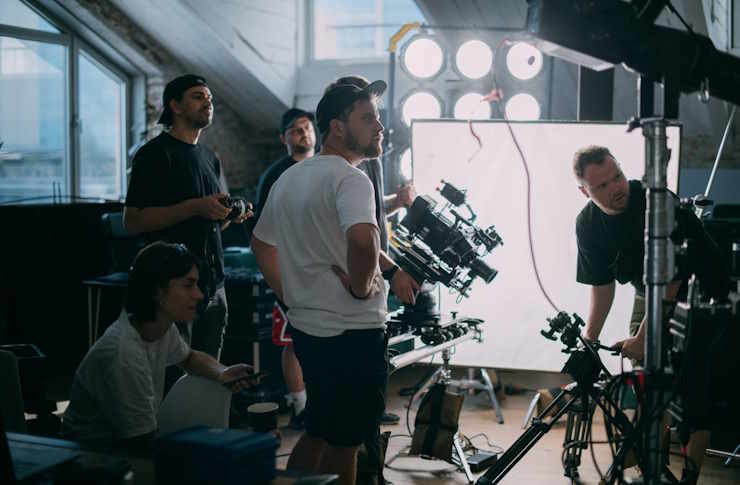Explore cinematography job opportunities
The world of cinematography offers diverse and exciting career paths for creative individuals passionate about visual storytelling. From feature films to documentaries, commercials to music videos, cinematographers play a crucial role in bringing stories to life through the lens. This comprehensive guide explores the various opportunities, essential skills, and emerging trends in cinematography careers.

What Are the Main Career Pathways in Cinematography?
The journey to becoming a professional cinematographer typically follows several established paths. Many start as camera operators or camera assistants, learning the technical aspects of equipment and shot composition. Others begin in lighting departments, understanding how to manipulate and control light – a fundamental aspect of cinematography. Documentary filmmaking, corporate video production, and independent films offer entry-level opportunities to gain hands-on experience.
Which Essential Skills Do Aspiring Cinematographers Need?
Successful cinematographers combine technical expertise with artistic vision. Key technical skills include proficiency with various camera systems, lighting equipment, and post-production software. Understanding color theory, composition, and visual storytelling principles is crucial. Soft skills like communication, problem-solving, and team leadership are equally important, as cinematographers must effectively collaborate with directors, producers, and other crew members.
How Has the Film Industry Landscape Changed for Cinematographers?
The digital revolution has transformed cinematography careers significantly. Traditional film cameras have largely given way to digital cinema cameras, though some productions still use both. Streaming platforms have created more opportunities for content creation, while virtual production techniques have introduced new ways to capture scenes. This evolution requires cinematographers to continuously adapt their skills and embrace new technologies.
What Challenges Do Modern Cinematographers Face?
Today’s cinematographers must navigate various challenges, from tight budgets to compressed production schedules. The competitive nature of the industry demands constant networking and portfolio building. Keeping up with rapidly evolving technology requires ongoing education and investment in equipment. Work-life balance can be challenging due to irregular schedules and location-based projects.
How Are New Technologies Shaping Cinematography Roles?
Virtual production, LED walls, and real-time rendering are revolutionizing how scenes are captured. Drone cinematography has become a specialized skill set, while advances in motion control systems offer new creative possibilities. The integration of virtual reality and augmented reality in filmmaking is creating new opportunities for cinematographers who can bridge traditional and emerging technologies.
What Are the Typical Salary Ranges and Career Progression?
Entry-level positions in cinematography typically start with the following salary ranges:
| Position | Experience Level | Annual Salary Range |
|---|---|---|
| Camera Assistant | Entry-Level | $35,000 - $45,000 |
| Camera Operator | Mid-Level | $50,000 - $80,000 |
| Director of Photography | Experienced | $80,000 - $150,000+ |
| Commercial DP | Specialized | $100,000 - $200,000+ |
Prices, rates, or cost estimates mentioned in this article are based on the latest available information but may change over time. Independent research is advised before making financial decisions.
The path to becoming a successful cinematographer requires dedication, continuous learning, and practical experience. While the industry presents various challenges, the increasing demand for visual content across multiple platforms creates numerous opportunities for skilled professionals. Whether working in traditional film production or exploring emerging technologies, cinematography remains a dynamic and rewarding career choice for those committed to mastering the craft.




